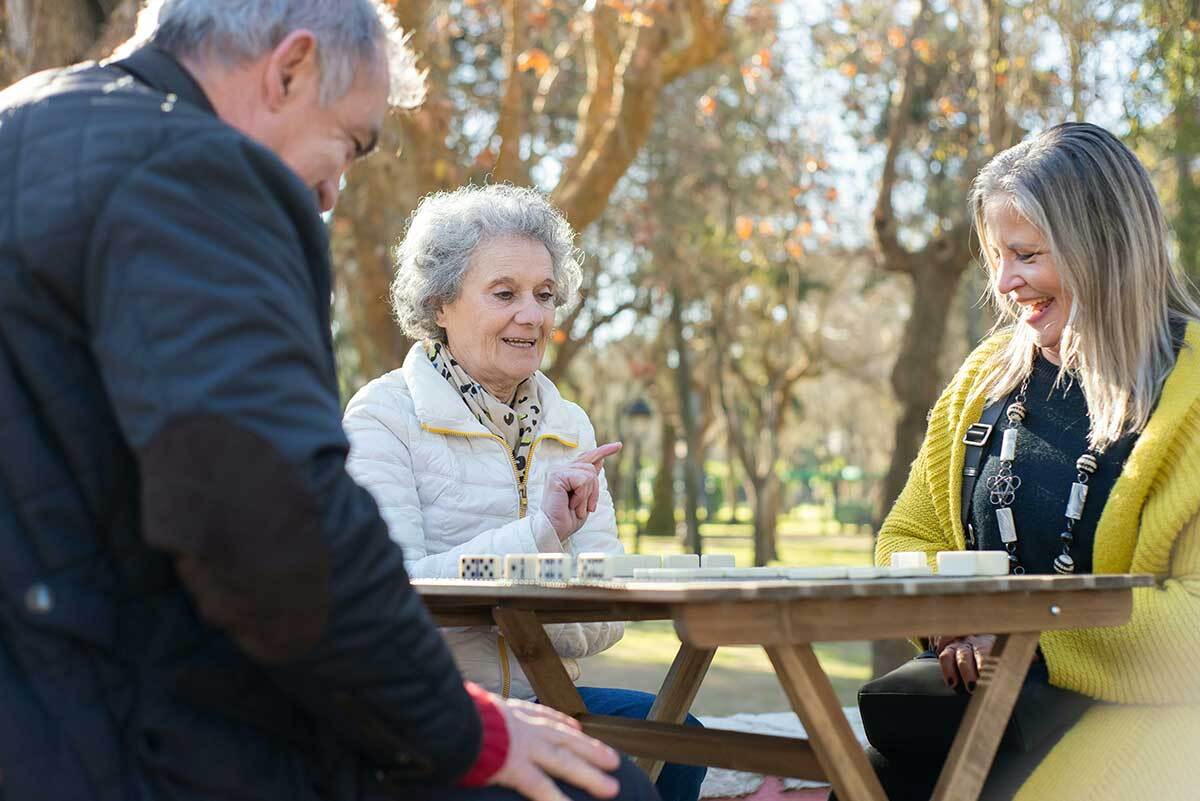Maintaining Cognitive Health through Mental Stimulation in Seniors
Mental stimulation is crucial for maintaining cognitive function and overall well-being in elderly individuals. Here are several effective ways to provide mental stimulation for the elderly:
Brain Games and Puzzles: Engage seniors in activities such as crossword puzzles, Sudoku, word searches, and brain teasers. These games challenge cognitive abilities like memory, problem-solving, and attention to detail.
Reading and Discussion Groups: Organize book clubs or discussion groups where seniors can read and discuss books, articles, or current events. This promotes intellectual engagement and social interaction.
Learning New Skills: Encourage seniors to learn new hobbies or skills such as painting, knitting, playing a musical instrument, or learning a new language. Learning stimulates the brain by forming new neural connections.
Memory Exercises: Practice memory exercises such as recalling lists of items, memorizing poetry or songs, or playing memory games like “I Spy” or “20 Questions.”
Physical Exercise: Physical activity not only benefits the body but also enhances cognitive function. Activities like walking, yoga, dancing, or tai chi can improve blood flow to the brain and support overall brain health.
Social Interaction: Regular socialization with family, friends, or peers is essential for mental stimulation. Engaging in conversations, sharing stories, and participating in group activities can help maintain cognitive abilities and emotional well-being.
Technology and Digital Tools: Introduce seniors to technology such as tablets or computers for activities like playing online games, video chatting with family members, or accessing educational resources.
Music Therapy: Music has powerful effects on the brain and can be used to stimulate memory, reduce stress, and enhance mood. Encourage seniors to listen to music they enjoy or participate in music therapy sessions.
Art and Creativity: Engage seniors in artistic activities like drawing, painting, pottery, or crafting. These activities stimulate creativity and provide a sense of accomplishment.
Reminiscence Therapy: Use photographs, music, or storytelling to evoke memories and encourage discussions about past experiences. Reminiscing can improve cognitive function and foster emotional connections.
It’s important to tailor mental stimulation activities to each individual’s interests, abilities, and preferences. Variety is also key to keeping activities engaging and enjoyable. Regularly assess and adjust activities based on feedback and observations to ensure they continue to provide meaningful stimulation.

